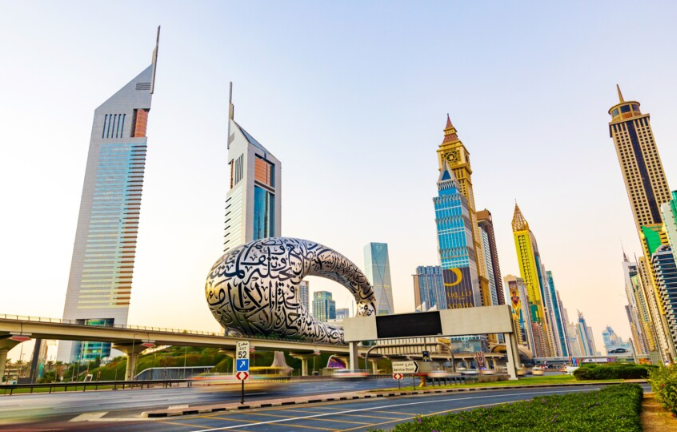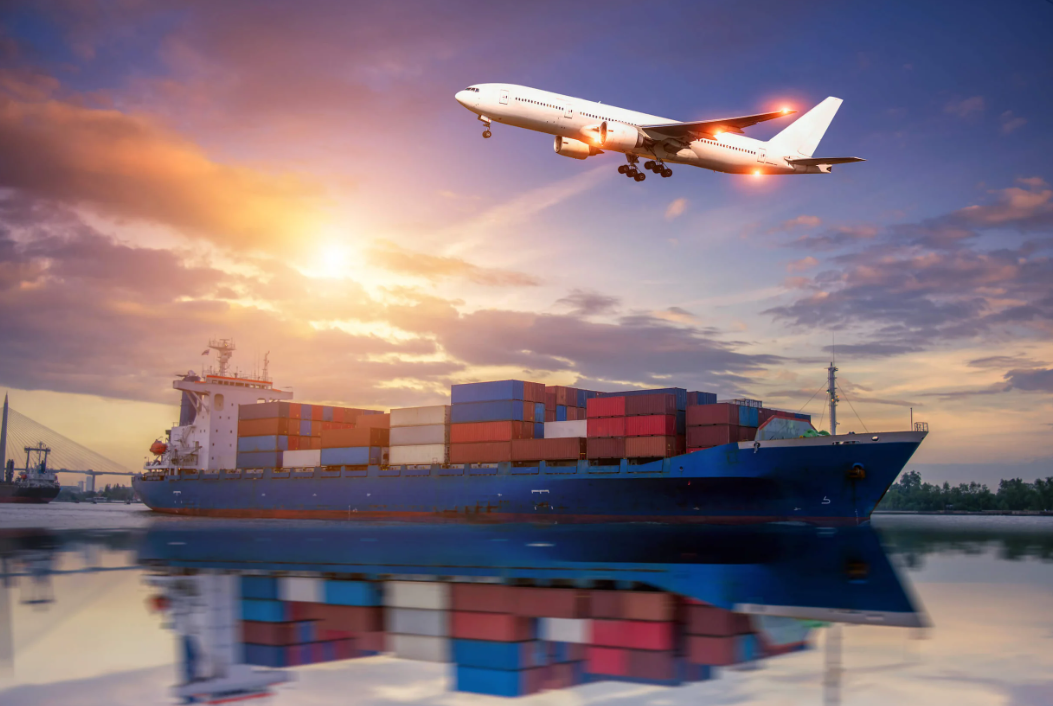When exporting skincare products to Dubai, the key hurdles to overcome are compliance certification and labeling standards. Additionally, it's essential to adapt logistics and customs clearance processes while ensuring the products align with local culture to avoid risks such as cargo detention or sales bans. Specific considerations are as follows:

Obtain Multiple Compliance Certifications: The primary requirement is to secure certification from the UAE Ministry of Health (MOH), which includes product registration and ingredient review. This process typically takes 3–6 months, so it is advisable to initiate it early. Products must also comply with the GSO 1943—2021 standard and ESMA technical guidelines. Certain high-risk skincare items may require additional approval from the DFDA. Ingredients must avoid over 1,200 prohibited substances, such as hydroquinone, while restricted ingredients like retinol and salicylic acid must adhere to strict thresholds—for example, retinol content must not exceed 0.05%. Although Halal certification is not mandatory, displaying it can enhance consumer acceptance. Avoid porcine-derived ingredients and non-compliant alcohol.
Standardize Labeling Details: Labels must include Arabic. If bilingual labeling is used, Arabic should take precedence or be displayed alongside other languages, with font size no smaller than other languages. Essential information such as the product name, net content in metric units, and INCI ingredient list (in descending order of concentration) must be clearly stated. Sunscreen products must display SPF values. False claims or unapproved medical effects are prohibited, and images or text violating Islamic culture are not allowed. Label information must be durable to prevent fading or detachment.
Adapt Logistics and Customs Clearance Processes: Required documents include a commercial invoice in Arabic, a certificate of origin, and an MSDS. Liquid skincare products should be double-sealed to prevent leakage and must not be packed together with electronic components. Duties include a 4% basic tariff and a 5% VAT. Opting for a Delivered Duty Paid (DDP) shipping model can help reduce hidden costs. Utilizing technologies like blockchain systems or smart gates can expedite customs clearance.
Align with Local Consumer Preferences and After-Sales Service: Products should focus on benefits suited to the hot and dry climate, such as sun protection and moisturizing. Customer service should prioritize Arabic and respond via local channels like WhatsApp. After-sales support can include personalized skincare advice and tailored solutions for issues related to product size or texture. Retain inspection records for easier claims and traceability.
Ontask Express offers Dubai DDP customs-cleared delivery services, providing customers with efficient and reliable Dubai door to door logistics. Choosing us is like assigning a "customs bodyguard" for your goods—ensuring smooth and worry-free delivery to the Dubai.


